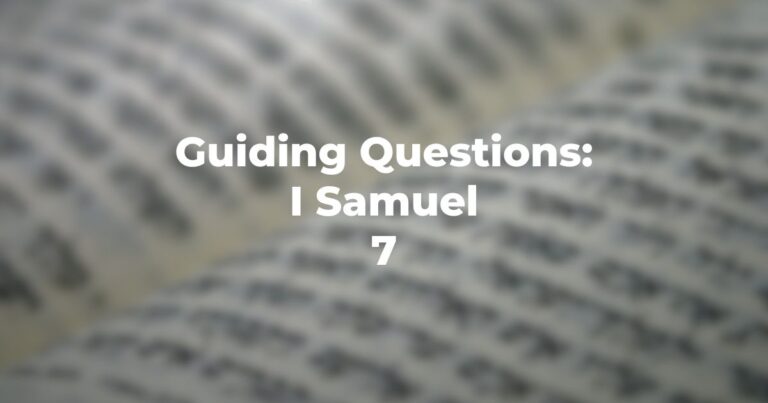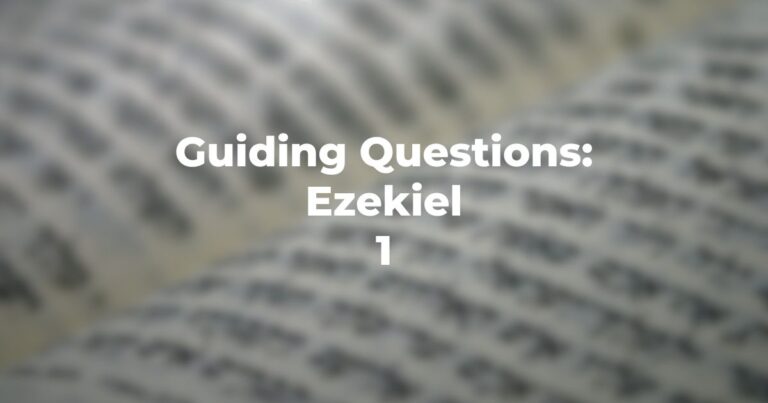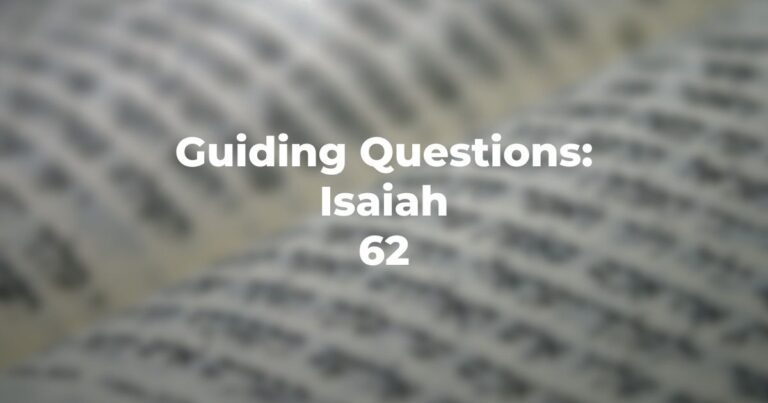- The opening phrase makes reference to “the hind of Dawn” which would not seem to refer to the content of what follows. In other sources, the word is rendered as “eyalut” meaning “help,” so that the introduction may refer to “help at dawn.” Does this seem reasonable based upon what follows?
- Do the opening verses indicate one who “is in trouble”?
- According to Psalms 22:2-3, has help been forthcoming to this point?
- What history does the pleader call to mind in Psalms 22:5-6?
- And, in Psalms 22:7, is this how he thinks God regards him or how people regard him (see Psalms 22:8)?
- In Psalms 22:9, what is the cynical comment of the lamenter’s enemies (and has this phrase been used in a different religious context)?
- Do Psalms 22:10-12 indicate that he who is pleading has given up hope?
- What are the circumstances which give rise to the plea?
- In Psalms 22:15, how to understand “my heart has become like wax”?
- Where, in another religious context, has Psalms 22:17 been cited — especially its ending?
- And, as well, Psalms 22:19?
- In calling for rescue and saving, what reason is given in Psalms 22:23-24?
- According to Psalms 22:25 for whom has God special consideration?
- Beginning with Psalms 22:27, what is the tone of the Psalm — lament, or praise in expectation of being saved?
- Would Psalms 22:28 indicate that the author looks upon Divinity as the God of Israel or the God of all?
- What does the author (possibly) mean by the phrase “before him shall bend the knee all who have gone down to the dust”?
- Could the closing refrain of Psalms 22:30 refer to immortality?
- What of the future in terms of the regard for Divinity (Psalms 22:31-32)?
Author
-

Exploring Judaism is the digital home for Conservative/Masorti Judaism, embracing the beauty and complexity of Judaism, and our personal search for meaning, learning, and connecting. Our goal is to create content based on three core framing: Meaning-Making (Why?), Practical Living (How?), and Explainers (What?).
View all posts





